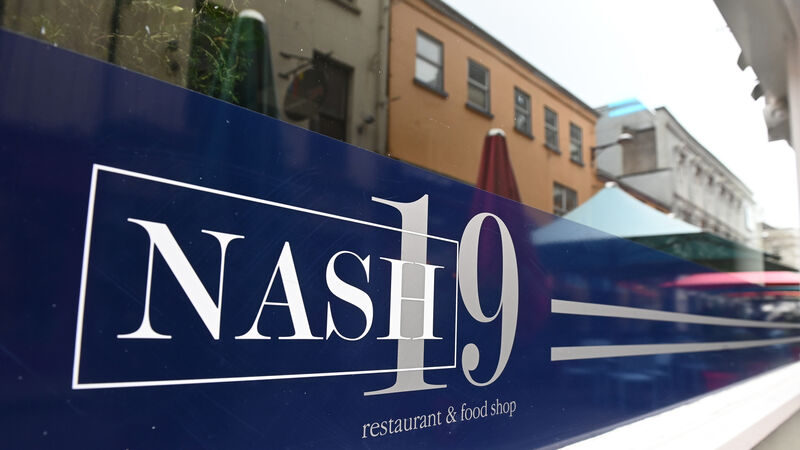Irish Examiner view: Firms need help in these hard times

Nash 19 restaurant and food shop on Prince's Street, Cork has ceased trading with immediate effect with the loss of 20 jobs. Picture: Larry Cummins
Try from €1.50 / week
SUBSCRIBEWarehoused tax debt
It has become clear over the last few days that the growing number of closures in the hospitality sector, as well as across many other industries, is not alone about rising costs, but the impending need for many of those businesses to cough up an estimated €1.75bn of warehoused tax debt.
Already a subscriber? Sign in
You have reached your article limit.
Annual €130 €80
Best value
Monthly €12€6 / month
Introductory offers for new customers. Annual billed once for first year. Renews at €130. Monthly initial discount (first 3 months) billed monthly, then €12 a month. Ts&Cs apply.
CONNECT WITH US TODAY
Be the first to know the latest news and updates
Newsletter
Sign up to the best reads of the week from irishexaminer.com selected just for you.
Newsletter
Keep up with stories of the day with our lunchtime news wrap and important breaking news alerts.
Newsletter
Sign up to the best reads of the week from irishexaminer.com selected just for you.
Monday, February 9, 2026 - 12:00 PM
Monday, February 9, 2026 - 6:00 AM
Monday, February 9, 2026 - 8:00 AM
© Examiner Echo Group Limited